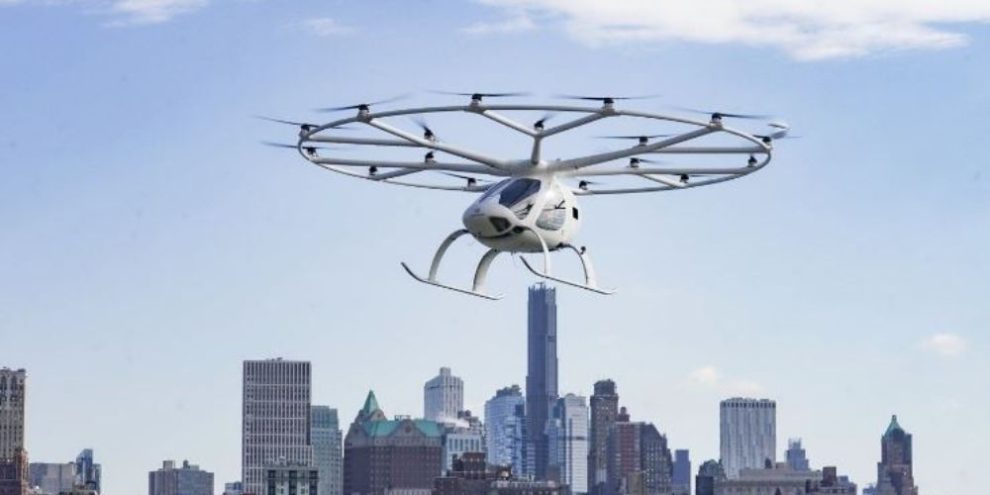
A new report finds that Canadians feel both "optimism and concern" over the prospect of flying cars and drones whizzing between remote communities and above city blocks.
The Léger study commissioned by Transport Canada says residents hold a broadly positive attitude toward so-called advanced air mobility, which refers to both drones and electric vertical takeoff and landing aircraft — drones' larger, human-piloted cousins.
The survey found that despite limited knowledge of the futuristic transport mode, respondents liked advanced air mobility's potential for search and rescue, firefighting, medical use and other critical services.
Barrie's News Delivered To Your Inbox
By submitting this form, you are consenting to receive marketing emails from: Central Ontario Broadcasting, 431 Huronia Rd, Barrie, Ontario, CA, https://www.cobroadcasting.com. You can revoke your consent to receive emails at any time by using the SafeUnsubscribe® link, found at the bottom of every email. Emails are serviced by Constant Contact
However, the study says concerns over safety, affordability, environmental impacts and privacy tempered enthusiasm for aerial vehicles.
Air taxis, long hyped as the next giant leap in short-haul passenger transport, are coming closer to being a public reality — even as skepticism lingers over their ability to change commuter behaviour and emissions output.
In the U.S., electric air taxis can start flying through the skies by 2028, according to a regulatory timeline laid out by the Federal Aviation Administration last July.
Léger says its report was based on two studies carried out between November and January, with a survey sample size of 2,717 participants as well as four focus groups.
This report by The Canadian Press was first published May 27, 2024.





